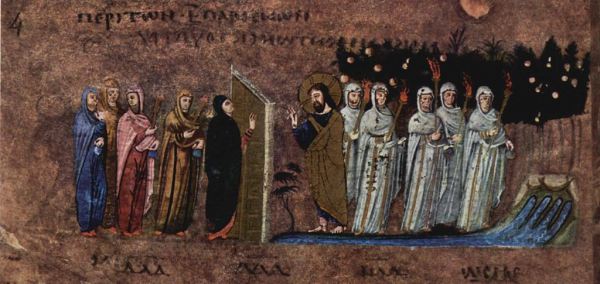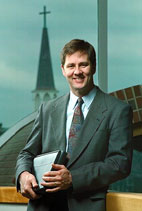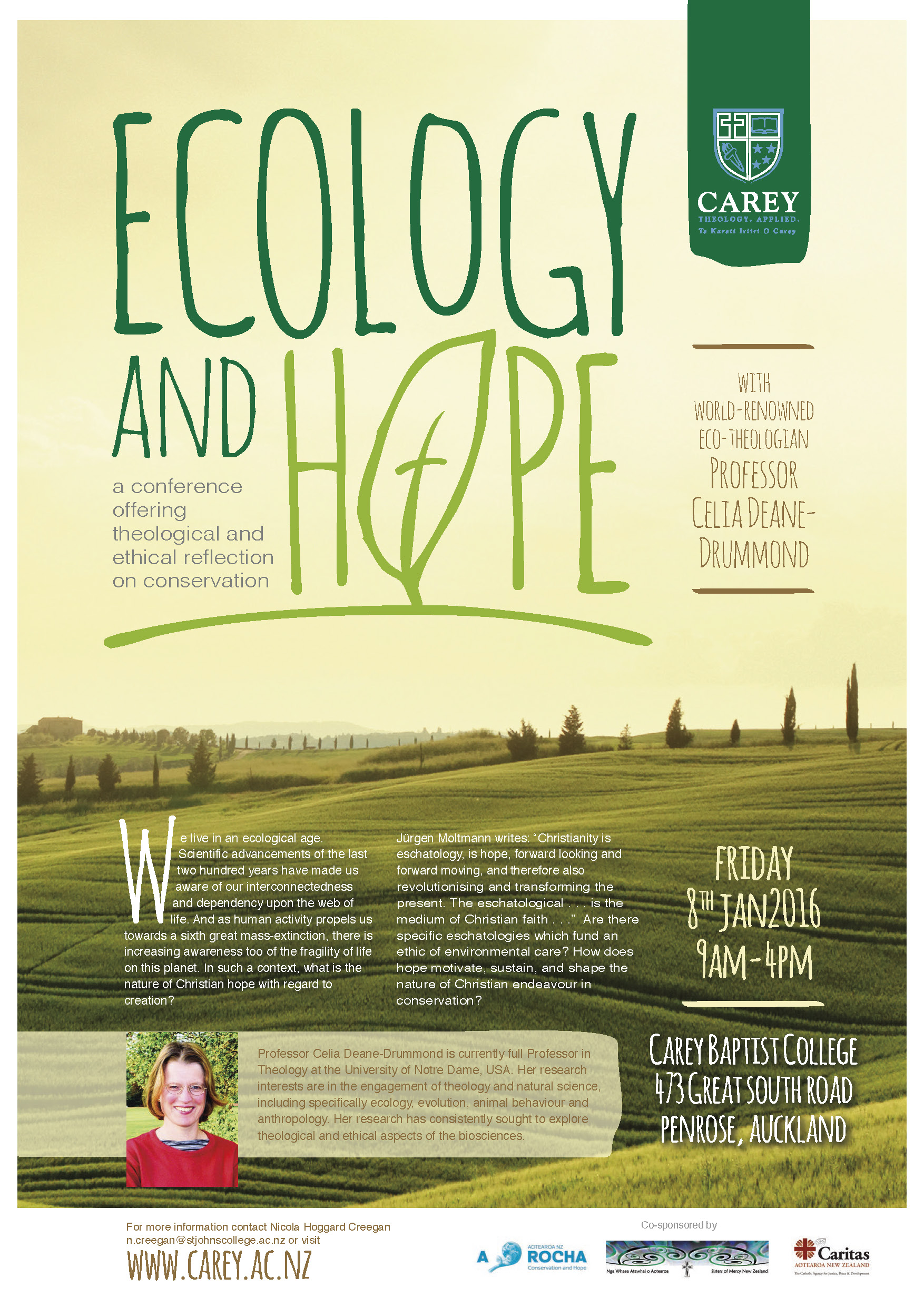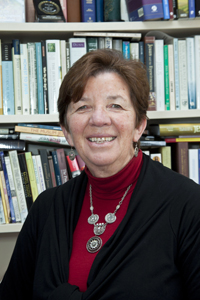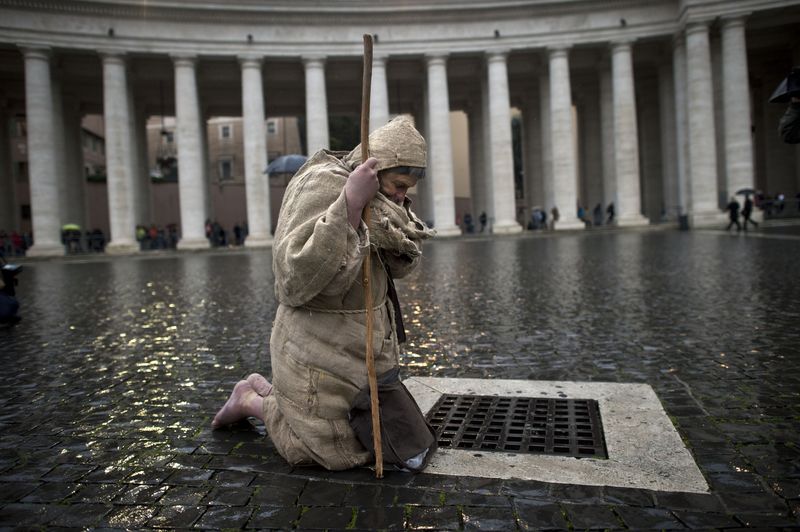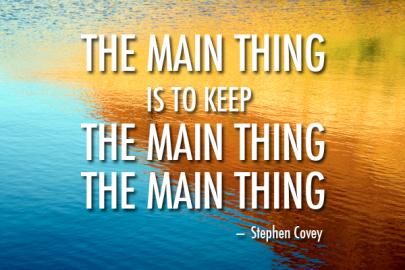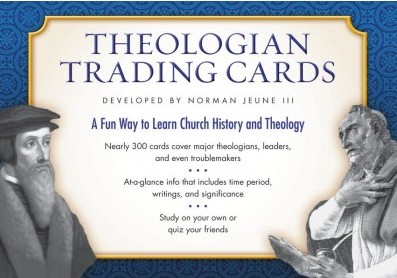 The Spirit’s work in the operation of God’s providential ordering of things sanctifies the means and processes that lead to the production of Scripture, turning them to God’s holy purposes without diminishing their human, historical character. Thus, in calling Scripture “holy,” Christians are not making a comprehensive claim about the purity of the motives of the writers and editors of Scripture. These may well have been decidedly unholy. … Even in the face of such unholy motives and actions, Christians are committed to the belief that the triune God has revealed a passionate desire to have fellowship with them, even in the light of their manifest sin. Scripture is chief among God’s providentially ordered gifts directed to bringing about reconciliation and fellowship with God despite human sin. Thus, Scripture is holy because of its divinely willed role in making believers holy (Stephen Fowl, Theological Interpretation of Scripture: A Short Introduction, 12).
The Spirit’s work in the operation of God’s providential ordering of things sanctifies the means and processes that lead to the production of Scripture, turning them to God’s holy purposes without diminishing their human, historical character. Thus, in calling Scripture “holy,” Christians are not making a comprehensive claim about the purity of the motives of the writers and editors of Scripture. These may well have been decidedly unholy. … Even in the face of such unholy motives and actions, Christians are committed to the belief that the triune God has revealed a passionate desire to have fellowship with them, even in the light of their manifest sin. Scripture is chief among God’s providentially ordered gifts directed to bringing about reconciliation and fellowship with God despite human sin. Thus, Scripture is holy because of its divinely willed role in making believers holy (Stephen Fowl, Theological Interpretation of Scripture: A Short Introduction, 12).
It is possible that many believers, especially evangelical Christians, will take exception to Stephen Fowl’s claim regarding the nature of Scripture. They would likely agree with Fowl that a part of the holiness of Scripture consists in the use God makes of it, but to say this is not to say enough. Rather, they might argue, Scripture is inherently holy on account of its inspiration and inerrancy.
Fowl, too, wants to understand Scripture as the “Word of God” but in a way which also takes its evident historical provenance seriously. He is concerned that the christological analogy often used to understand the particular nature of Scripture is insufficient to the task. Therefore he follows John Webster’s account of the doctrine of Scripture grounded in the self-giving and self-communication of the triune God:
God’s self-revelation to humans is both the source and content of a Christian doctrine of revelation. Revelation is directly dependent upon God’s triune being and it is inseparable from God’s freely willed desire for loving communion with humans. … This recognition recalibrates the relationships between God, Scripture, and Christians in several interesting ways. For Christians, the ends of reading, interpreting, and embodying Scripture are determined decisively by the ends of God’s self-revelation, which are directed towards drawing humans into ever-deeper communion with the triune God and each other (6-7).
Fowl goes on to argue that Scripture itself is a condescension to human sinfulness, though nevertheless a sufficient means for revealing the triune God to sinful people (7). Further, since God’s providential activity by the Spirit in some way guided the very human processes which led to the formation of Scripture, “Christians can both recognize the vicissitudes in the historical formation of Scripture and still treat Scripture as God’s providentially ordered self-revelation” (11).
